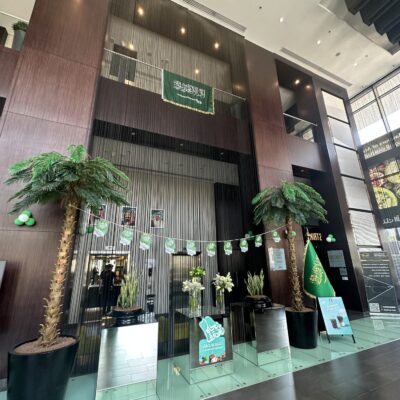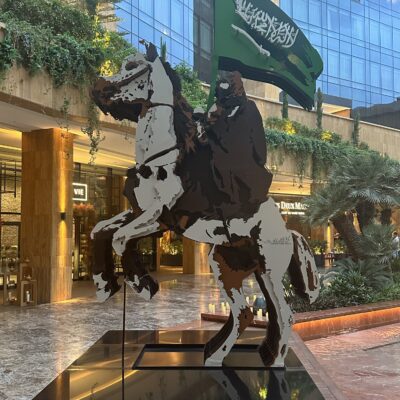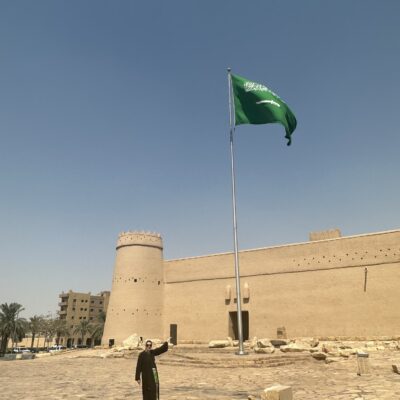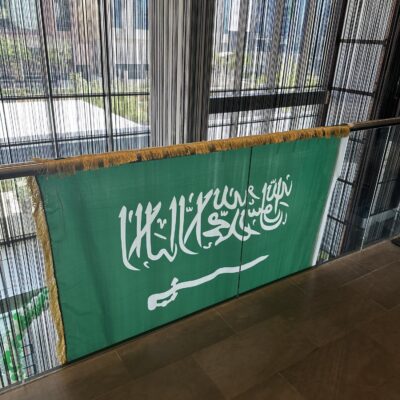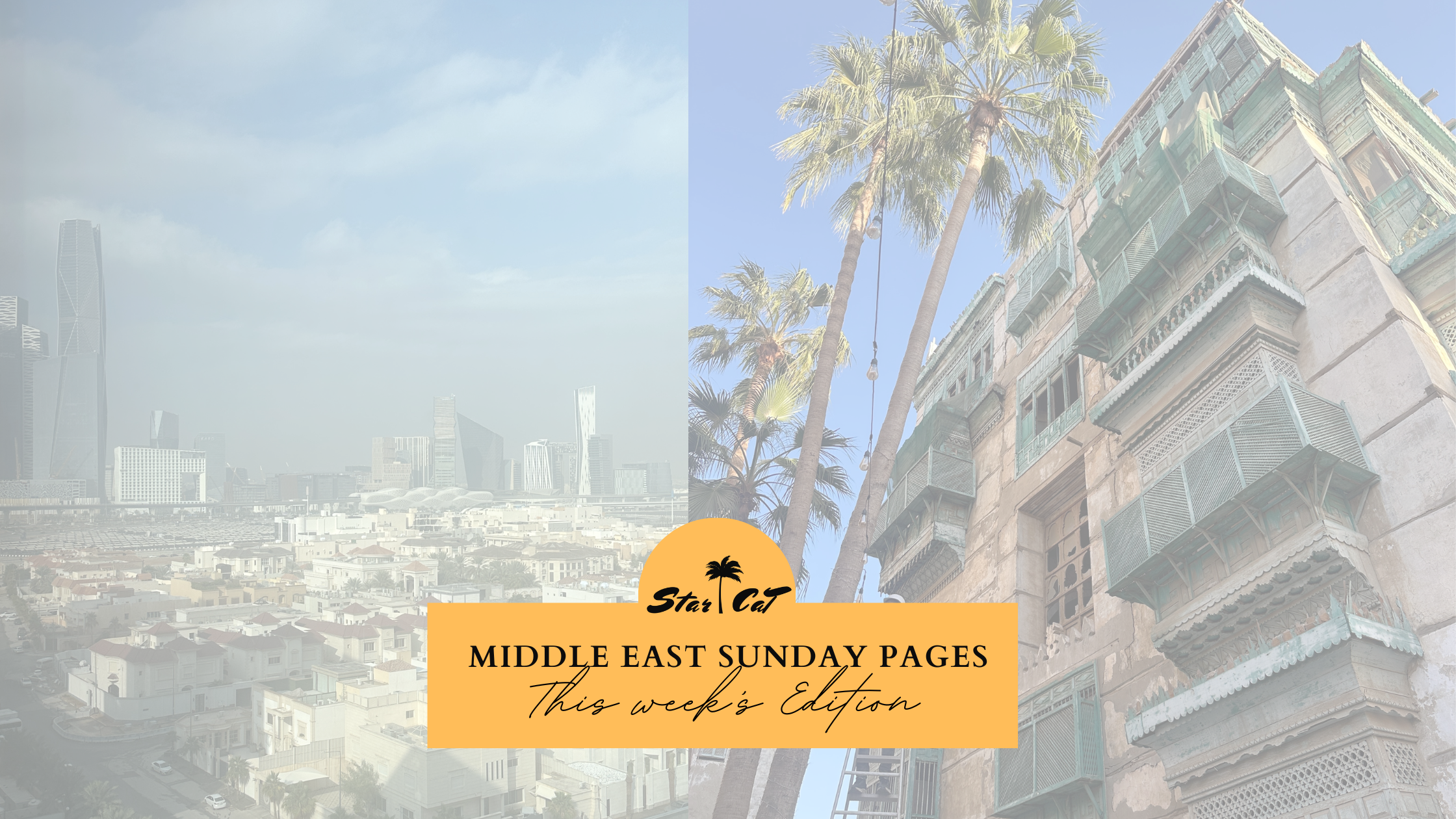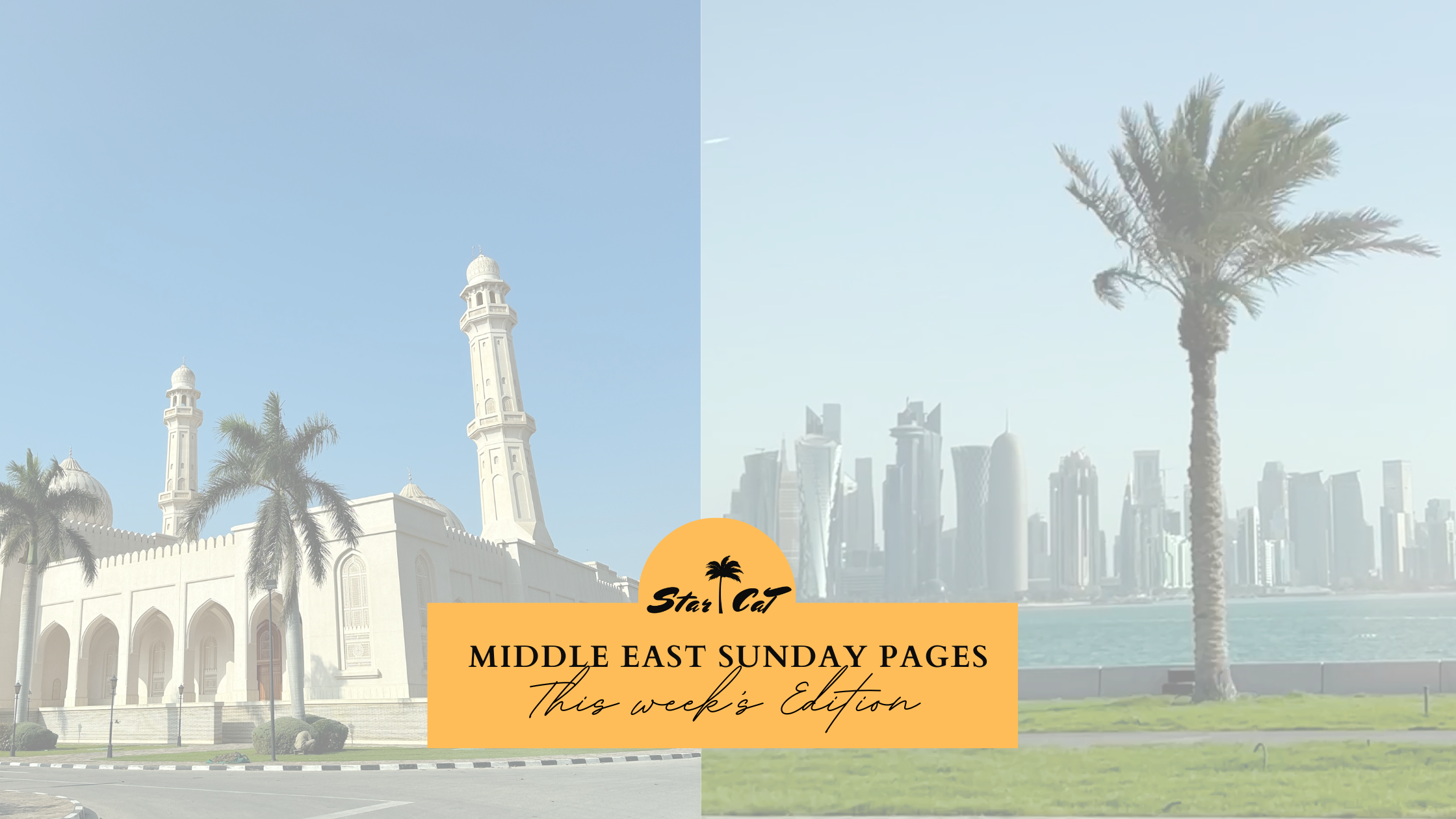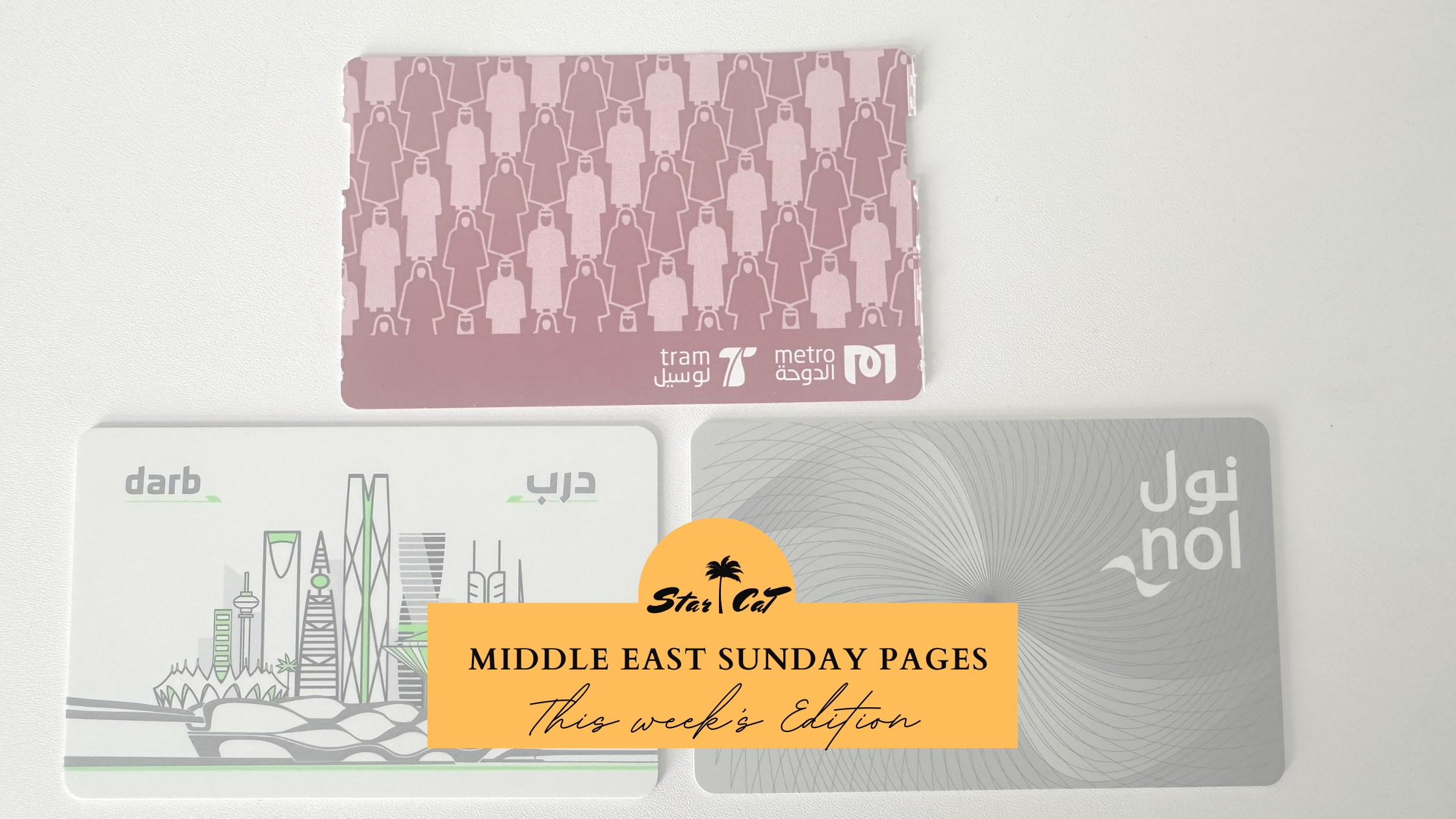
Saudi Flag Day
On March 11th, Saudi Arabia celebrates another occasion of profound national significance—Saudi Flag Day. This day is not just a celebration of the flag itself but a deep reflection on the values, history, and unity it symbolises.
The Saudi flag is more than just a flag; it’s a beacon of pride, sovereignty, and identity for its people. This post delves into the significance of Saudi Flag Day, exploring its historical roots, the meaning behind the flag’s design, and how the day is celebrated across the kingdom.
Historical Context
To understand the importance of Saudi Flag Day, it’s essential to look back at the history of the Kingdom of Saudi Arabia. The country’s modern foundations were laid in the early 20th century by King Abdulaziz Al Saud, whose efforts unified the diverse tribes and regions of the Arabian Peninsula under one nation in 1932. The flag, as we know it today, was officially adopted in 1973 but its design elements have been a part of the nation’s identity for much longer.
The Flag’s Design and Meaning
The Saudi flag features a green field with the Shahada or Islamic declaration of faith (“There is no god but God; Mohammad is the Messenger of God“) inscribed in white Arabic script. Above the Shahada lies a white, horizontal sword. The green colour symbolises Islam and is also considered to represent peace and prosperity. The Shahada underscores the nation’s foundation upon Islamic principles, while the sword stands for the strength, justice, and vigilance of the state.
Uniqueness of the Saudi Flag
One unique aspect of the Saudi flag is its religious significance; due to the Shahada, the flag is never lowered to half-mast as a sign of mourning, which is a practice observed by many countries. This respect stems from the desire not to bring the sacred declaration of the Islamic faith to a lower position, highlighting the deep intertwining of faith and national identity in Saudi Arabia.
Celebrating Saudi Flag Day
Saudi Flag Day is a relatively new official celebration, inaugurated to foster national pride and unity. The day is marked by various activities across the kingdom, from public and private institutions to schools and local communities. It is important to stay up to date with all celebrations and we offer a planner to keep you up to date with all the holidays in the GCC, so don’t miss a holiday whether it has been on the calendar for decades or is brand new. You can find the Middle East Planner here.
Let’s explore how Saudi Flag Day is celebrated:
Government Initiatives
The Saudi government plays a crucial role in organising events and initiatives that highlight the historical and cultural significance of the flag. Educational campaigns are launched to teach the younger generation about the flag’s meaning and the importance of national unity.
Public Celebrations
Cities across Saudi Arabia are adorned with the national flag, creating a sea of green that envelops streets, buildings, and homes. Public squares and parks host cultural festivals, parades, and exhibitions that showcase the kingdom’s heritage, achievements, and aspirations. These events often feature traditional music, dance, and poetry readings, creating a festive atmosphere that brings communities together.
Social Media Campaigns
In the digital age, Saudi Flag Day sees widespread celebration on social media platforms. Saudis express their pride and love for their country through posts, videos, and hashtags. These online celebrations not only connect Saudis within the kingdom but also those living abroad, fostering a global sense of community and national pride.
If you have Saudi clients or friends – they would love to hear from you on this day.

Educational Activities
Schools across the kingdom incorporate special programs into their curriculum around Saudi Flag Day. Activities include art projects where students create their interpretations of the flag, essay competitions on what the flag means to them, and history lessons about the nation’s unification and development.
Saudi Flag Day is also a reminder for the Saudis of the unity and resilience during the kingdom’s journey from a collection of disparate regions to a unified, prosperous nation.
It’s a day to celebrate the progress Saudi Arabia has made while staying true to its cultural and religious roots. The flag symbolises not just the nation’s past but also its future, as the kingdom embarks on ambitious projects like Vision 2030, aimed at diversifying the economy and developing public service sectors.
Saudi Flag Day is more than a national holiday; it’s a vivid expression of the kingdom’s identity, values, and unity. Through the celebrations, Saudis renew their bonds to each other and to their country, reflecting on their shared heritage and looking forward to a future of continued prosperity and unity.
In the heart of every Saudi, the flag waves not just on March 11th but every day, as a symbol of pride, faith, and unwavering commitment to their nation’s journey. If you enjoyed this post, tag us on Social Media and let us know what you learned.

